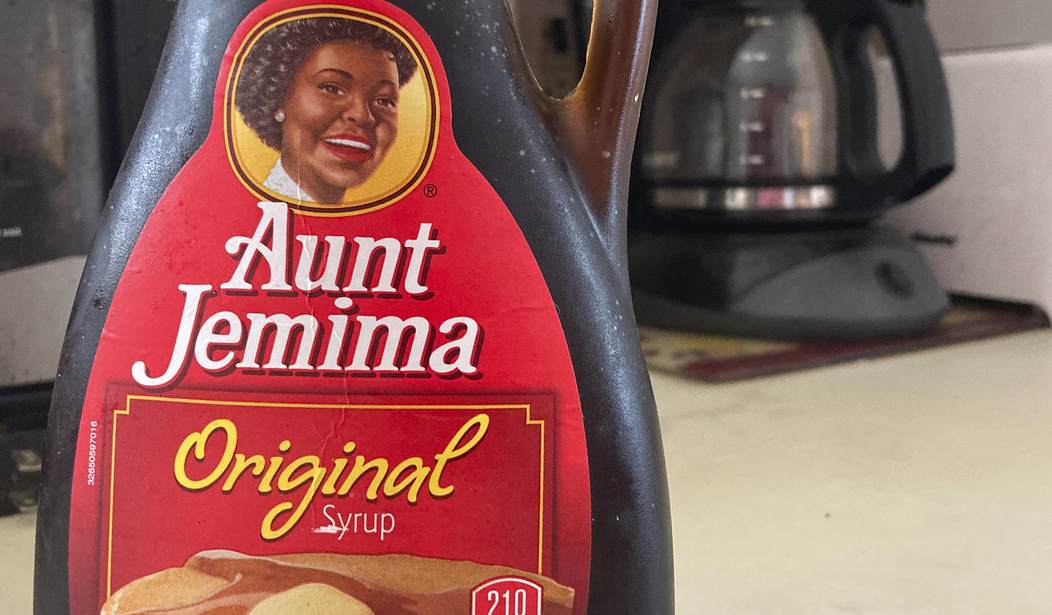Earlier this week Quaker Oats, the parent company of Aunt Jemima, the iconic pancake brand, announced their intentions to rebrand. According to the company, "the brand has not progressed enough" to reflect their corporate values.
"As we work to make progress toward racial equality through several initiatives, we also must take a hard look at our portfolio of brands and ensure they reflect our values and meet our consumers' expectations," Kristin Kroepfl, Vice President and Chief Marketing Officer of Quaker Foods North America, said in a statement. "We recognize Aunt Jemima's origins are based on a racial stereotype. While work has been done over the years to update the brand in a manner intended to be appropriate and respectful, we realize those changes are not enough."
But what most people don't know is that "Aunt Jemima" is based on a real woman. Nancy Green was hired in 1893 to service pancakes at Chicago's World's Fair. Green wore an apron and headscarf while serving pancakes, which she did until her death in 1923.
Anna Short Harrington eventually replaced Green. And it was Harrington who Quaker Oats discovered as the iconic "Aunt Jemima" character. In fact, the company used her likeness on their products and even sent her around the country to make flapjacks for people, which launched her to stardom.
Larnell Evans Sr., Harrington's great-grandson, told Patch about his family's history:
Harrington was born on a South Carolina plantation where her family worked as sharecroppers. In 1927, a white family from New York "bought" Harrington to be their maid. She made a living as cook at the Kappa Sigma fraternity house in Syracuse and worked for wealthy white people, including Gov. Thomas E. Dewey. She was discovered by a Quaker Oats representative while serving up her pancakes, a favorite of local frat boys, at the New York State Fair in 1935.
Recommended
And it's because of this history that Harrington's great-grandson takes issue with Quaker Oats doing away with the Aunt Jemima brand.
"This is an injustice for me and my family. This is part of my history, sir," Evans explained. "The racism they talk about, using images from slavery, that comes from the other side — white people. This company profits off images of our slavery. And their answer is to erase my great-grandmother's history. A black female. … It hurts."
"She worked for that Quaker Oats for 20 years. She traveled all the way around the United States and Canada making pancakes as Aunt Jemima for them," he said. "This woman served all those people, and it was after slavery. She worked as Aunt Jemima. That was her job. … How do you think I feel as a black man sitting here telling you about my family history they're trying to erase?"
According to Evans, not only did his great-grandmother travel across the country on behalf of the Quaker Oats brand but they also used her pancake recipe but failed to pay her or her family any royalties.
"How many white people were raised looking at characters like Aunt Jemima at breakfast every morning? How many white corporations made all them profits, and didn't give us a dime? I think they should have to look at it. They can't just wipe it out while we still suffer," he said. "After making all that money —and now's the time when black people are saying we want restitution for slavery — they're just going to erase history like it didn't happen? ... They're not going to give us nothing? What gives them the right?"
The family tried suing for royalties but the judge kicked the lawsuit out, saying Evans and his family weren't executors of Harrington's estate so they had no legal standing to sue on her behalf.

























Join the conversation as a VIP Member